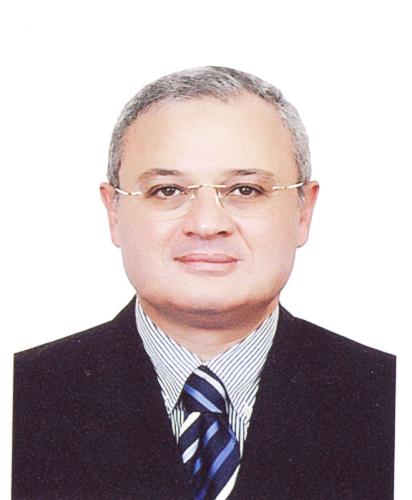Egypt’s President Abdel-Fattah Al-Sisi met Minister of Justice Omar Marawan on Saturday to review the ministry’s efforts to speed up the trial procedures at courts.
The meeting dealt with following up on the process of enhancing the performance of the Egyptian court system nationwide, and the impact of this on the completion of late cases and ending their backlog, especially in the courts of first instance.
The courts of first instance are now looking into only 6 family cases before 2021, and 2227 civil cases before 2020, which represents a tangible leap compared to the conditions that prevailed for long periods.
Egypt’s civil code is based on French law, with three levels of hearings: a court of first instance, an appeals court and a court of cassation. But lawyers say that, unlike in France, there is little to hinder a party to a lawsuit from sending the case to the next level.
Al-Sisi expressed his appreciation for the efforts of the judges in quickly ending citizens’ cases, expressing his aspiration to continue this efficient performance, so that all cases before the courts of first instance are completed during the current judicial year, leaving only the cases related to the third decade of the current millennium before them.
This would protect the rights of citizens and establish successful justice in society.
The Egyptian court system was overloaded with cases. It used to have a staggering backlog of 11 million cases, according to legal sources.
The Egyptian government has been working to reform the system. Pilot projects to computerise courts of first instance were begun in the late 1990s with help from the US Agency for International Development.
Marwan also reviewed efforts to raise the efficiency of the current court headquarters and buildings and to expand the application of artificial intelligence techniques in converting oral speech into written text during judicial sessions.
This would enhance the speed of performance during the consideration of cases.
The Presidential Spokesperson added that the President was also briefed on the executive position for the establishment of the City of Justice in the New Administrative Capital.
The city will include a central complex for courts, a centre for studies and other various related service facilities, as well as the recent honouring of members of various judicial bodies and authorities, within the framework of continuous efforts to support The capabilities of human cadres, motivating them, and enhancing judicial technical competencies in order to improve the judicial system in Egypt.

